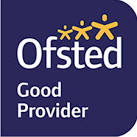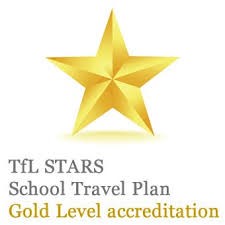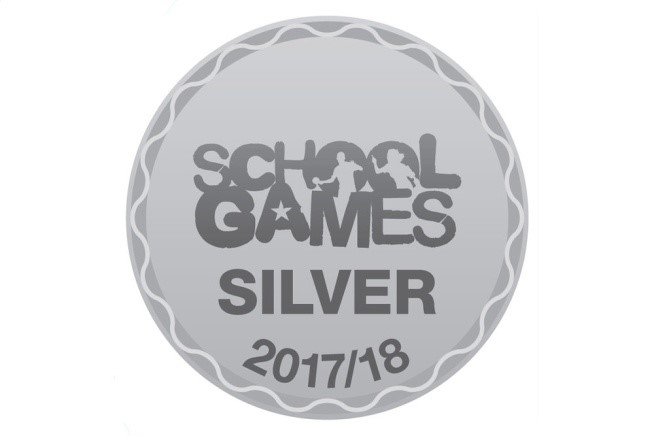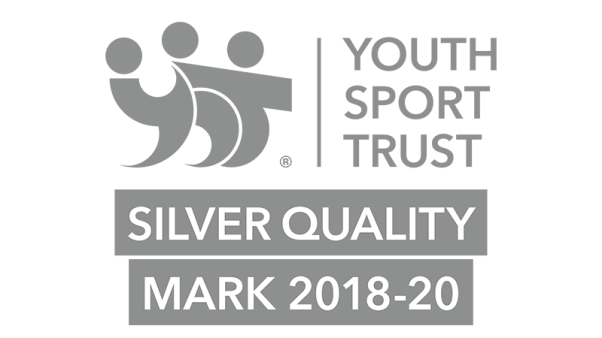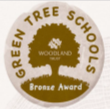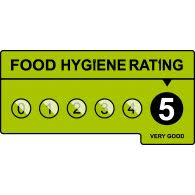Reading
Reading at
Earlsmead Primary School
Implementation
At Earlsmead, we believe it is our duty to provide high-quality teaching of reading, to ensure our children become lifelong readers who develop a love of reading in its many forms.
In Key Stage 1 and 2, children take part in daily Guided Reading sessions which demonstrate a range of skills, enabling children to decode and comprehend what they read. These sessions adopt the whole-class approach, during which the class shares the same text with a specific skills focus.
Children are taught the skills of reading (outlined in the national curriculum and the KS1 and KS2 test domains) through the use of VIPERS which were created by Rob Smith (The Literacy Shed).
VIPERS is an anagram to aid the recall of the 6 reading domains as part of the UK’s reading curriculum. They are the key areas which we feel children need to know and understand in order to improve their comprehension of texts.
VIPERS stands for:
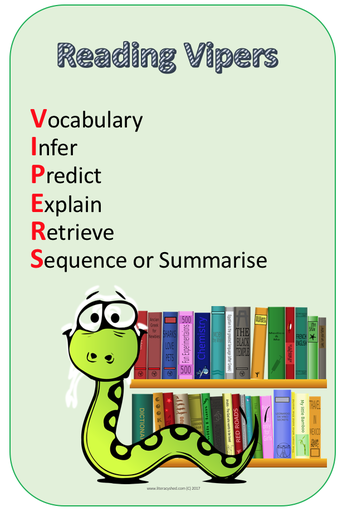
The Reading Vipers can be used by both KS1 and KS2 with a little adaptation. The main difference being in the 'S'.
SEQUENCE – KS1
SUMMARISE – KS2
In KS1, ‘Explain’; is not one of the content domains: rather it asks children why they have come to a certain conclusion, to explain their preferences, thoughts and opinions about a text.
In KS2, the ‘Explain’ section covers additional content domains which are not present in KS1.
Children are able to access the school library on a weekly basis, allowing their imaginations to run free. As well as the quality core texts read in class, the children have access to a wide range of interests and experiences through books. Children are expected to read at home daily; this helps to develop confidence and fluency.
Impact
By the time children leave Earlsmead Primary School, they are competent readers who can recommend books to their peers, have a thirst for reading a range of genres including poetry, and participate in discussions about books, including evaluating an author’s use of language and the impact this can have on the reader. They can also read books to enhance their knowledge and understanding of all subjects in our curriculum, and communicate their research to a wider audience.
Teachers use assessment as an integral part of the teaching and learning process and link it clearly to the children’s next steps:
- Formative assessment tracking grids (statements taken from the national curriculum). Outcomes and observations from daily Guided Reading sessions contribute towards populating these grids.
- Constructive marking: teachers leave next steps in Guided Reading and English books when marking to ensure that children know exactly what they need to do next to make progress in their reading, and children are encouraged to respond to this in orange pen.

